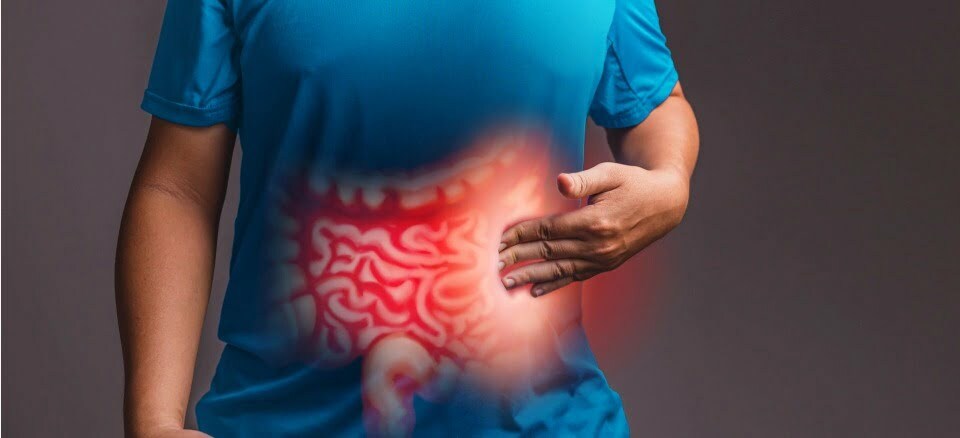Expert Treatment for Gastrointestinal Infections

What Are Gastrointestinal Infections?
Gastrointestinal infections refer to infections of the digestive system, including the stomach, intestines, and other parts of the gastrointestinal tract. These infections can be caused by bacteria, viruses, parasites, or fungi and can result in symptoms such as vomiting, diarrhea, abdominal pain, and fever.
Types of Gastrointestinal Infections
Common types of gastrointestinal infections include:
- Gastroenteritis: Inflammation of the stomach and intestines, often caused by viral or bacterial infections, leading to symptoms like vomiting, diarrhea, and abdominal cramps.
- Food Poisoning: Caused by consuming contaminated food or water, leading to nausea, vomiting, diarrhea, and abdominal pain.
- Typhoid Fever: A bacterial infection caused by Salmonella typhi, leading to fever, abdominal pain, and digestive issues.
- Parasitic Infections: Caused by parasites like Giardia or Entamoeba histolytica, leading to symptoms like diarrhea, cramping, and bloating.
- Helicobacter Pylori Infection: A bacterial infection in the stomach that can cause ulcers, gastritis, and other digestive problems.
Symptoms of Gastrointestinal Infections
The symptoms of gastrointestinal infections can vary based on the type of infection, but common symptoms include:
- Diarrhea (sometimes with blood or mucus)
- Vomiting or nausea
- Abdominal pain or cramps
- Fever or chills
- Bloating or gas
- Dehydration (due to loss of fluids from diarrhea or vomiting)
- Fatigue or weakness
Causes of Gastrointestinal Infections
Gastrointestinal infections are caused by various pathogens, including:
- Bacteria: Common bacterial pathogens include Salmonella, Escherichia coli, Campylobacter, and Shigella.
- Viruses: Rotavirus, Norovirus, and Astrovirus are common viral causes of gastrointestinal infections.
- Parasites: Giardia, Entamoeba histolytica, and Cryptosporidium can cause parasitic gastrointestinal infections.
- Fungi: In rare cases, fungi like Candida can cause gastrointestinal infections, especially in immunocompromised individuals.
Diagnosis of Gastrointestinal Infections
Diagnosing gastrointestinal infections involves a thorough medical history, physical examination, and laboratory tests such as:
- Stool tests to detect bacterial, viral, or parasitic pathogens
- Blood tests to check for signs of infection or dehydration
- Endoscopy or colonoscopy to examine the gastrointestinal tract in certain cases
Treatment for Gastrointestinal Infections
Treatment for gastrointestinal infections depends on the underlying cause and severity of the infection. Common treatment approaches include:
- Hydration: Replacing lost fluids and electrolytes due to diarrhea or vomiting.
- Antibiotics: Prescribed for bacterial infections like Salmonella or Campylobacter.
- Antiviral Medications: Used for viral infections like Norovirus or Rotavirus in certain cases.
- Antiparasitic Medications: For parasitic infections like Giardia or Entamoeba histolytica.
- Probiotics: To help restore gut bacteria and improve digestion.
- Dietary Changes: A bland diet may be recommended until symptoms subside.
Why Choose Dr. Yashi Singh for Your Gastrointestinal Infection Treatment?
Dr. Yashi Singh, a leading gastroenterologist in Greater Noida, provides personalized care for patients suffering from gastrointestinal infections. With her expertise and commitment to patient health, Dr. Singh offers accurate diagnoses and effective treatment plans to help patients recover quickly and prevent future infections.
Schedule a Consultation
 +919769194299
+919769194299
